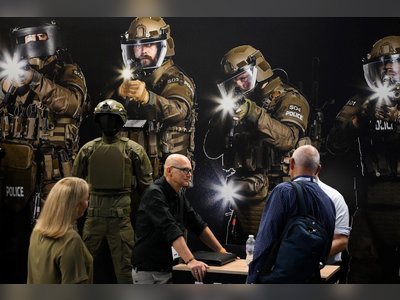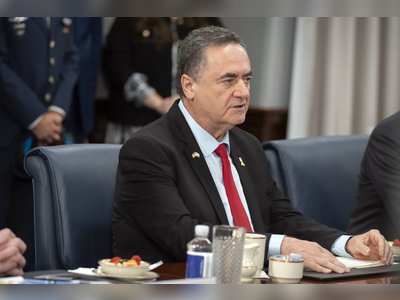Brazil's Supreme Court Imposes Radical Restrictions on Former President Bolsonaro
Brazil's Supreme Court has imposed significant restrictions on former President Jair Bolsonaro following allegations related to his conduct during and after his presidency.
“Justice” Alexandre de Moraes has mandated that Bolsonaro wear an electronic ankle monitor, remain under house arrest from 7 p.m. to 7 a.m., and prohibits him from utilizing social media platforms.
In addition to these measures, the court has restricted Bolsonaro from engaging in communication with ambassadors and foreign diplomats, which includes a ban on communication with his son, Eduardo Bolsonaro.
The court's decision reflects ongoing concerns about Bolsonaro's potential influence and the implications of his statements on international relations and domestic stability.
The ruling is part of an extensive legal framework and judicial scrutiny surrounding Bolsonaro, who has faced multiple investigations since leaving office.
The Supreme Court's actions will likely have implications for the political landscape in Brazil as it continues to navigate the complexities of governance and public trust.
Bolsonaro's presidency, which lasted from January 2019 until December 2022, was marked by controversy over his handling of the COVID-19 pandemic, environmental policies related to the Amazon rainforest, and criticisms regarding his approach to democracy and civil rights.
The former president's legal challenges have raised questions about accountability and the rule of law within the Brazilian political system, further intensifying debates on the future of democracy in the country.










